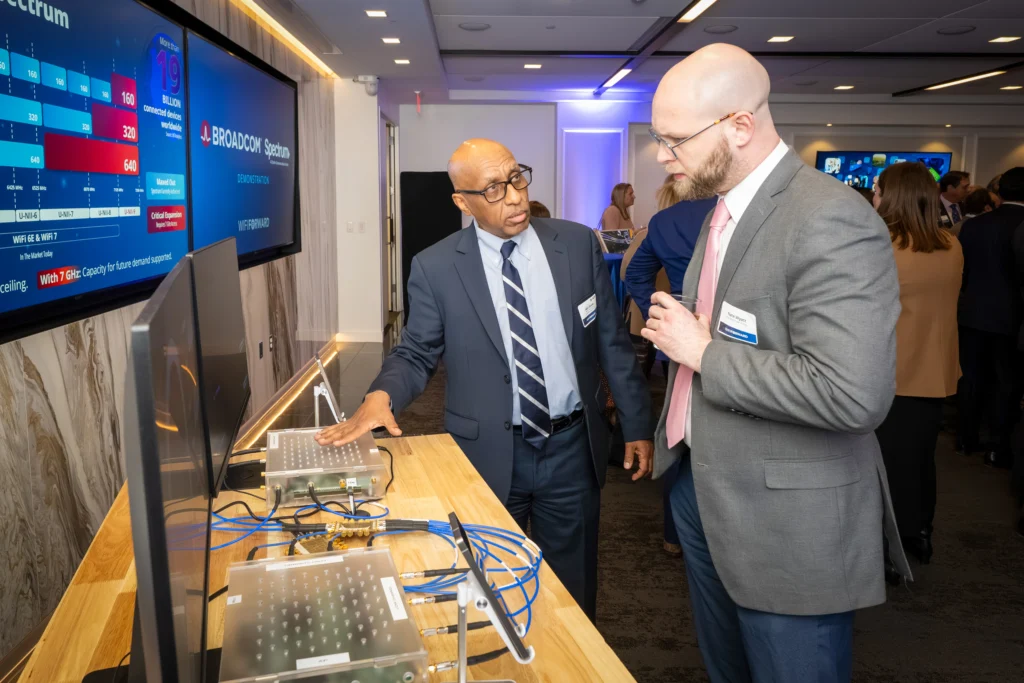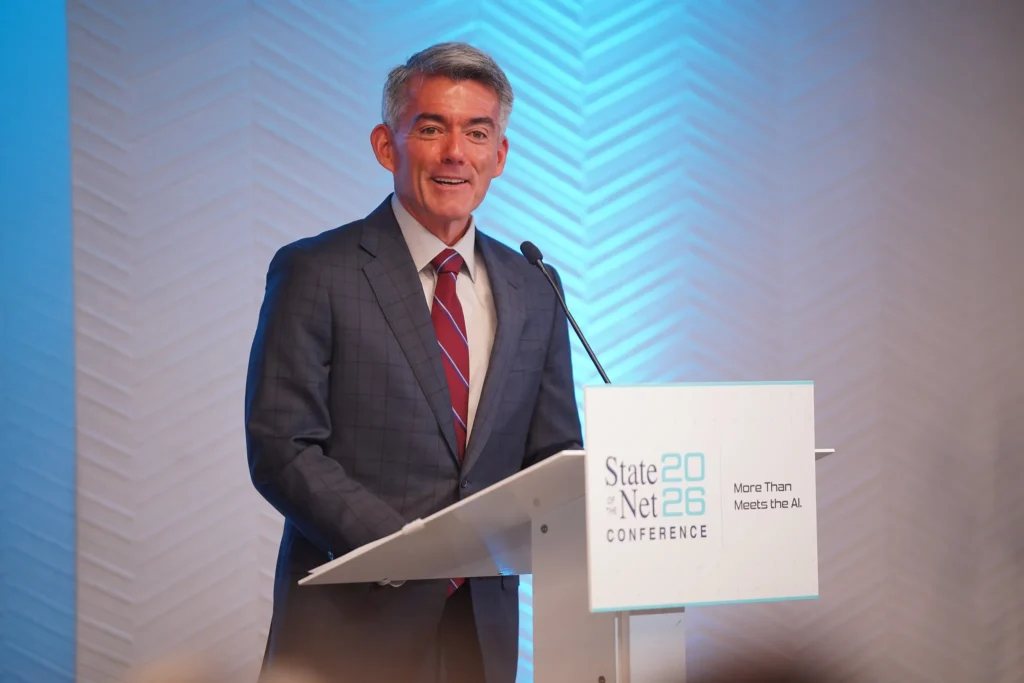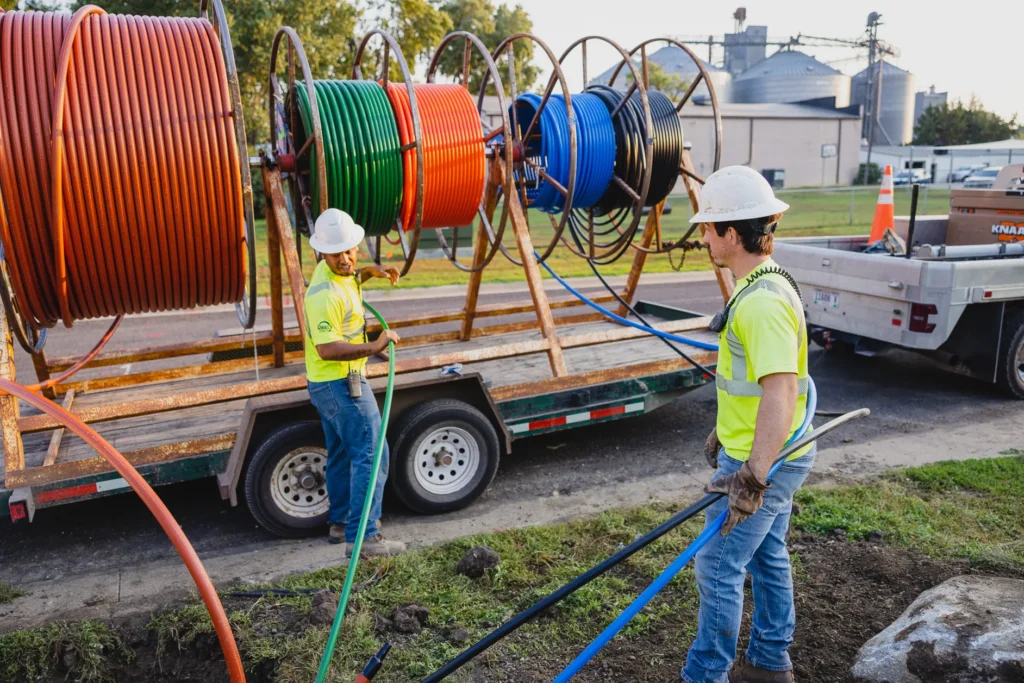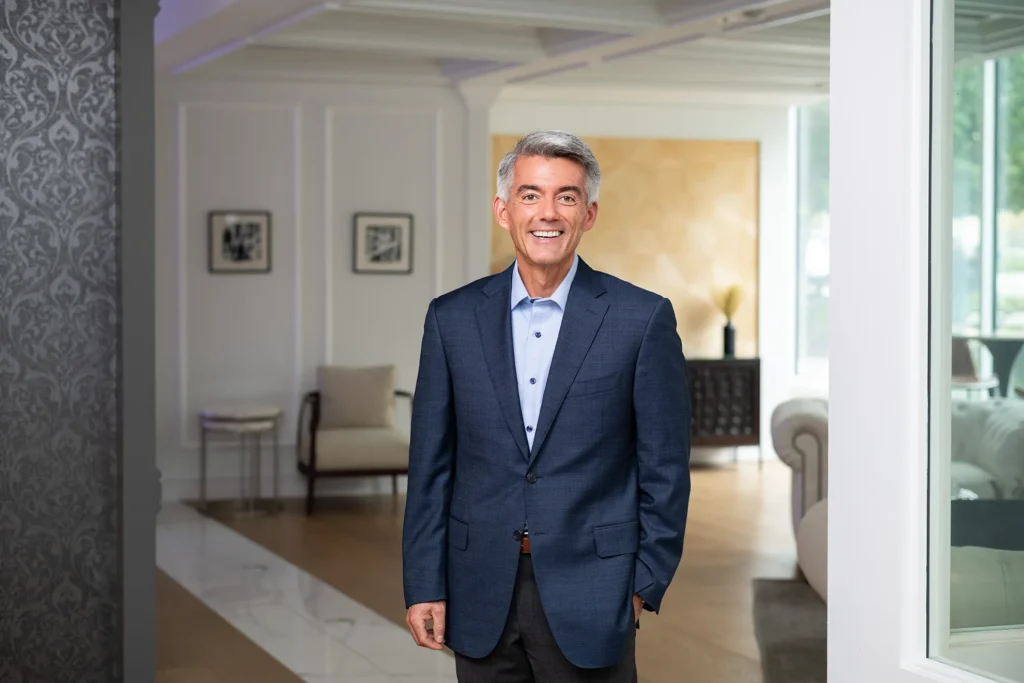During a Diversity Week virtual panel hosted by NAMIC, top executives from cable TV networks with successful diversity and inclusion (D&I) programs shared their thoughts on the current social justice climate, how they’re committing to building diverse and inclusive workforces, and where the industry needs to go from here.
“At ViacomCBS, this work didn’t start this year. It builds on a legacy of us working to build a more equitable company, but we are certainly broadening and deepening our work this year,” said ViacomCBS President & CEO Bob Bakish. “We recognize our responsibility and we are committed to taking actions and to be a force for meaningful change.”
ViacomCBS recently committed $5 million to social justice causes, and announced new initiatives this past summer to develop diverse talent in front of and behind the camera. Bakish also shared that his senior leadership team meets quarterly to look at where the company stands in terms of gender and ethnicity diversity among new hires, promotions, and terminations, and to discuss their workforce’s pipeline development. The network has also established a Black Leadership Council composed of Black senior executives to ensure that the perspectives of Black employees have influence in decisions.
“The goal at ViacomCBS is to be the best creators and storytellers possible. We make content. That’s what we do. And we have to be committed to building a workplace of inclusion, because that inclusion reflects, celebrates, and elevates the diversity of all the audiences we serve,” said Bakish. “How are you going to make great content that connects with audiences if you don’t have people that understand, and frankly, live like the audience?”
Bakish also acknowledged that the only way to develop a diverse workforce, and one that is equipped and empowered to succeed, is to hold a company’s leaders accountable. In agreement was NBCUniversal Telemundo Executive Vice President Monica Gil, who remarked that diversity work has to be a sustained effort, not a one-time thing, and a commitment that has to take place at the top.
This past June, Comcast NBCUniversal pledged $100 million towards a multiyear program to fight injustice and inequality. And in 2019, the NAMIC/WICT Workforce Diversity Survey named Comcast NBCUniversal as a Top Company for People of Color. But Gil commented that at NBCUniversal, and specifically at Telemundo, they face a different kind of diversity challenge, which is to ensure that the organization reflects the large diversity range in Latinos to include Cubans, Afro-Latinos, Puerto Ricans, and many more ethnicities. “With 90% of us at Telemundo being Hispanic, we had to dive deeper into looking at where the deficiencies are,” said Gil. According to Gil, in order to have diversity of thought, all of these perspectives across the spectrum, including non-Latinos and organizations that are outside of the Hispanic sphere, must have seats at the table.
Gil added that when Comcast NBCUniversal examined its workforce, it found that while recruitment of women was strong, promotion potential among women was an area that needed work. To remedy this, Comcast NBCUniversal has thrown a lot of weight behind professional development programs that encourage women to grow as leaders. Gil also remarked that diversifying the workforce depends a lot on the organization’s leaders and their actions: “It’s my responsibility as a Latina woman and senior leader with influence to throw a rope and to bring another Latina in.”
REVOLT TV Co-head and Chief Operating Officer Detavio Samuels also shared that his network recently double checked their workforce from a diversity and inclusion standpoint. REVOLT TV is a music cable network targeted at Black audiences. While Samuels said REVOLT TV continues to outperform the norm on all workforce metrics in diversity and inclusion, their goal is more ambitious than that. “Our chairman Sean Combs has challenged us to be the standard bearers for it all, to demonstrate to the world what this looks like when done at its best,” said Samuels.
Through that lens, Samuels continued, REVOLT TV uncovered one specific place the network sees opportunity for growth, and that is the hiring of women in management roles and in front of the camera. “We are also focused specifically on Black women. We cannot be committed to the fight for social justice and not be focused on uplifting, elevating, and protecting Black women,” he said. “I do not believe you can be serious about this moment and not have Black women at the top helping to guide the way. For us, coming into 2021, that will be a priority for us.”
Bakish also remarked that in order to see improvements in diversity among the workforce, leaders have to see these disparities firsthand. He shared that he experienced this when ViacomCBS conducted a “walk of privilege” exercise. From this, Bakish saw a spectrum of results by gender and people of color even just among people on his leadership team. Exercises like these, and programs like ViacomCBS’s annual Inclusion Week, are certainly important starters of these conversations, said Bakish. However, he cautioned, the real change comes from the follow-up and ensuing actions.
“If you’re going to be critical of everyone outside [of your organization] and externally then you have to be critical of yourself,” said Samuels, referring to the work that REVOLT TV is doing in continuing to diversify its workforce. “On a personal level, I’m grateful I am here to witness what I think is one of the greatest civil rights movements of our time. In addition, I’m proud to be at a brand that has chosen to play an active role in not just covering the movement but being a catalyst for change.”









